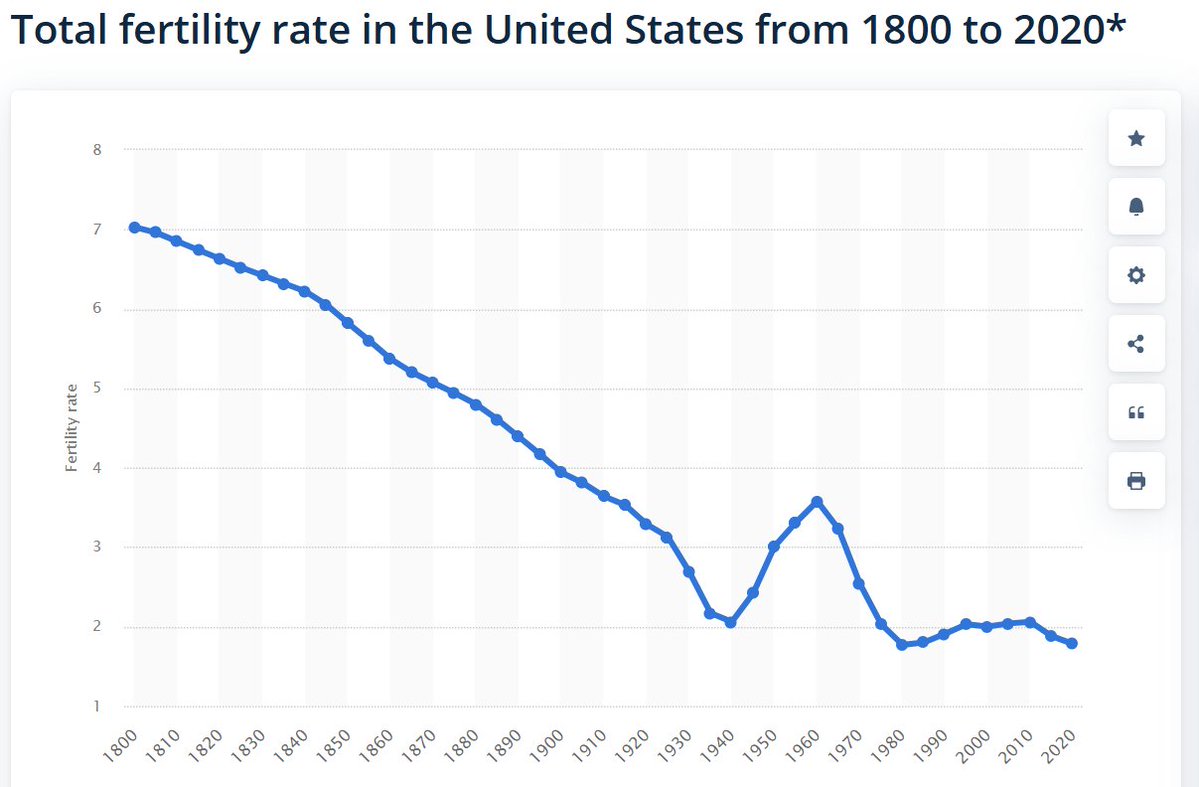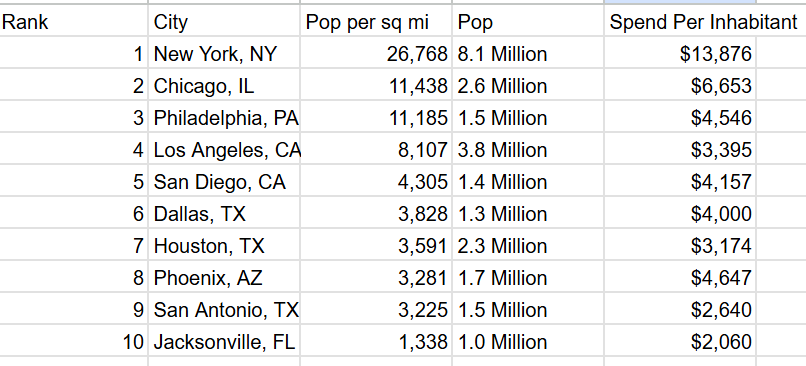It only took two and a half negronis and now I can lay before you to behold: the new simonsarris.com
How did I do #designtwitter?
How did I do #designtwitter?
its a 1550's painting by Sebastian Münster of Speyer, Germany that I split apart in photoshop to animate different bits. Everything runs on CSS with no JavaScript involved, even the buttons!
https://twitter.com/normonics/status/1201303499146956800
oof if you open the site in a new tab and later tab to it, you don't see the intro animations. I might have to add JavaScript just to fix this
GUYS IF YOU RELOAD THERE ARE NOW BIRDS
still in pure CSS. Just crazy how much there is in CSS3.
still in pure CSS. Just crazy how much there is in CSS3.
bird update: they fly bird-sanely now.
• • •
Missing some Tweet in this thread? You can try to
force a refresh









